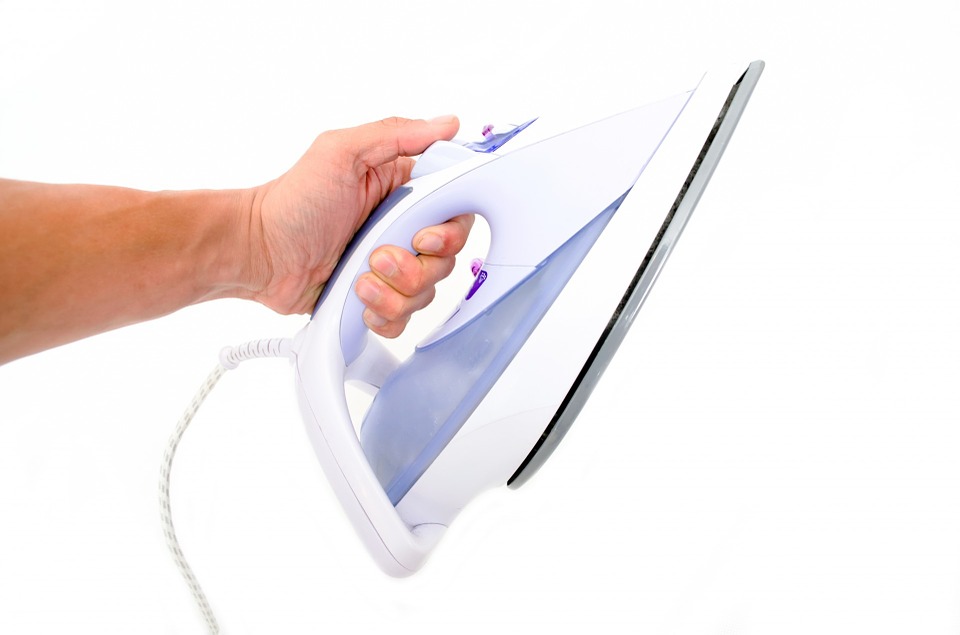Equality at home – the housework dilemma
Who does the housework in your home? Are you doing ALL or most of the housework and domestic duties in your household?
Statistics show that the average Australian woman spends between five and 14 hours a week doing unpaid domestic housework. Whilst males are doing just five.
Over years of speaking with hundreds of women in my practice, one of the most common things that frustrates and annoys them is the breakdown of household duties in the family dynamic.
No matter your partner’s or your employment situation, living and family set up, this dilemma of having most, if not all, of the housework falling on one person’s shoulders is annoying at best. And damaging at worst.
‘…housework and the mental labour associated with its organisation have real and long-term economic consequences, particularly for women’s employment,’ The Conversation.

The dynamic
I believe the dynamic that is being played out in these common situations is incredibly symbolic. And as I enter into deeper dialogue with the affected individuals in a professional setting, it’s undeniable that the issues of equality, fairness and assertiveness are at the core of the housework dilemma.
There are so many things to consider in this conversation. Are you the only adult amongst children under 12? Or are you and your partner both working and have a child/ren in the house? Are the children all teenagers or older? Does anyone in the household live with disability or a health condition? Regardless of your situation, it never feels good or supported to bear the brunt of the domestic workload. Not to mention the associated mental and emotional labour that accompanies it. Can you relate?
Disclaimer: for most of my life, I was the “housework avoidant” one. I kept myself notoriously busy to avoid doing housework. But as I have started to undo and rectify my workaholism patterns (stay tuned for more on this) I have adopted a much more balanced approach. The following considerations are through the lens of my more recent positive discoveries. As well as working closely with a number of people that have had this denigrating experience.
I believe we are on the edge of a new way of being in families and households. As we are fortunate to see more and more blended families, single parents, cross cultural families and same sex parents. The current path is relatively undefined and we are the leaders in forging a new paradigm in how families work. Although there is no “one size fits all approach,” it’s certain that the old paradigm is outdated and not working. So we’re creating new ones.
Get your time back
What I’ve noticed in my practice is that as individuals start to gain pockets of time and energy back— as the home duties become more even distributed— they can start to invest more in the fun and joyous things in life; they feel less stressed and feel far more appreciative of those sharing the household with them. It makes for the foundation of a harmonious home (and importantly) fosters equal and empowered members of the household dynamic, rather than one person being burdened, resentful and playing the role of the “doormat.”
I genuinely have nothing against women being the primary housekeeper, especially if this is what they choose to do and it brings them joy. Who I’m talking to here, are all the people that find amongst their equally busy life as their partner, or running children and teenagers around to their multitude of activities, they somehow end up as the ones doing the household chores, even though everyone else uses the house as much as they do. I commonly hear people lament ‘it’s not fair, why do I have to do all the housework? I’m just as busy as the kids and my partner, yet I am the one who gets lumped with cleaning up.’ If this is a familiar pattern of thought for you, read on to discover some ideas to implementing a solution to change this dynamic and reclaim parts of your life back.

Conversation: who does the housework?
Firstly, engage in a relaxed conversation about equality with the other members of the household (okay, leave out the pets and small children). Question why is it that you should do the bigger share of the house duties than others?
Have a debate and tease it the key points. Most families will naturally come to the conclusion that ‘no, it is not fair for one person to do the brunt of any job, when there is more than one able body to do it.’ Again, so many individuals that I speak to about this dilemma are in a situation where both parents or adults in the house are in paid employment and work similar hours. However, regardless of “work time” all people live in the house and use its facilities, so why not have everyone maintain it?
Set expectations on who does the housework
Everyone has a different idea of what clean and tidy looks and feels like. Communally, agree (remembering to differentiate between expectations and an agreement) to what is clean and tidy for your household. Remember to include a conversation and agreement about what is the “baseline” standard for your family home. This means once you have worked out your baseline, if your personal standard is different to the majority, you (or others) can choose to do more than your fair share, but you don’t have to and, essentially, you can live with how it is!
Make an agreement
Now that you’ve discussed and set expectations it’s ideal to make an agreement together about how much time is spent on housework. Ensuring that it works for everyone. This is a place where everyone can contribute to the conversation with ideas and solutions. Rather than one person dictate the outcome.
For most standard households, one hour a day is enough to keep the place to a liveable standard. Depending on the previously agreed upon standards. Sometimes, other strategies may need to be implemented if you have small children.
Divide the hour up by how many people live in the house. And make an agreement that everyone does their share each day. For example, I am in a house with two others: my partner and my 14 year old son. We have all agreed that we each do twenty minutes per day (timed, not just estimated) on housework. No one is expected to do any more than twenty minutes per day but we can if we want to.
Additionally, it’s vital to keep focus on everyone paying attention to mini tasks. Rather than looking at the big (sometimes overwhelming) picture. Once you get started with cleaning or tidying, you realise how many jobs take a small amount of time. It’s only when one person has to do all of them, that housework becomes a burden!
If you balked at my point about only need one hour a day of housework to keep a place clean and tidy and thought ‘my place needs way more time than this!’ You may need a couple of weeks of everyone doing their allocated share. Before you get back to a baseline you are all happy with. Then you’ll find the hour is more than enough.
The broader responsibility
Have conversations with your family about the topic of equality and learning how to make agreements with each other. Rather than just expecting others to pull their weight. And having the same standards as you (and then getting mad when they don’t) is vital. As well as talking about taking responsibility for a shared environment (in this case your home) is really setting your family up for taking responsibility for our larger global shared environment. We have the opportunity to teach and set good examples. And although they may not feel like tidying or cleaning, there is shared responsibility in a shared environment. As the saying goes, ‘it all starts at home.’
In creating these healthy agreements and shared responsibilities we are making our lives easier. And homes more harmonious. Additionally, we are raising responsible humans that may take these principles out into the world.
Finally, having conversations with your partner about the distribution of housework and coming up with a solution that suits the both of you, as a couple and family, is a wonderful representation. And good practice of how you deal with any shared experience.
‘Happiness is not a matter of intensity but of balance, order, rhythm and harmony,’ Thomas Merton.
Do you need help with “at home” dynamics? I’m an experienced counsellor that can help you with these situations and more.


